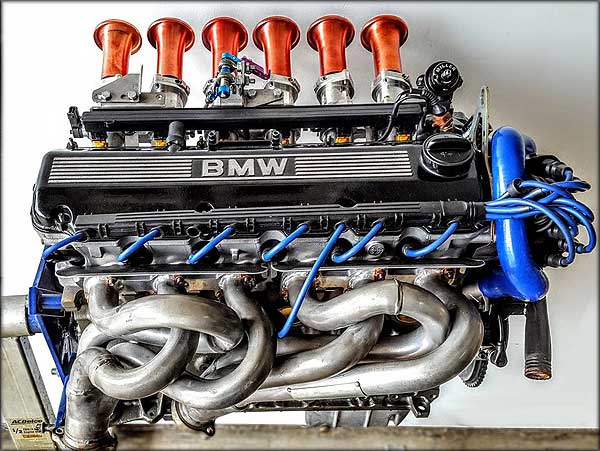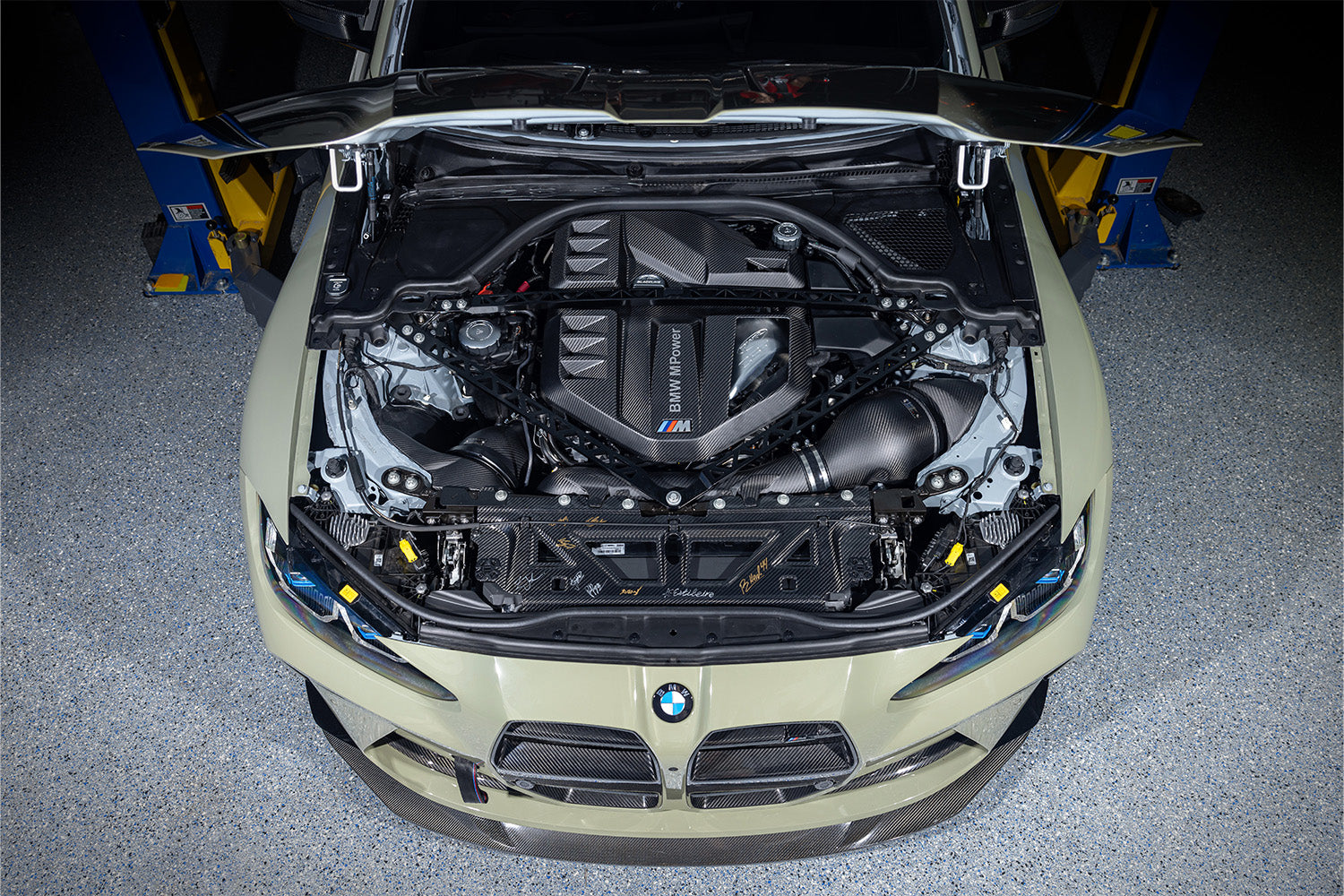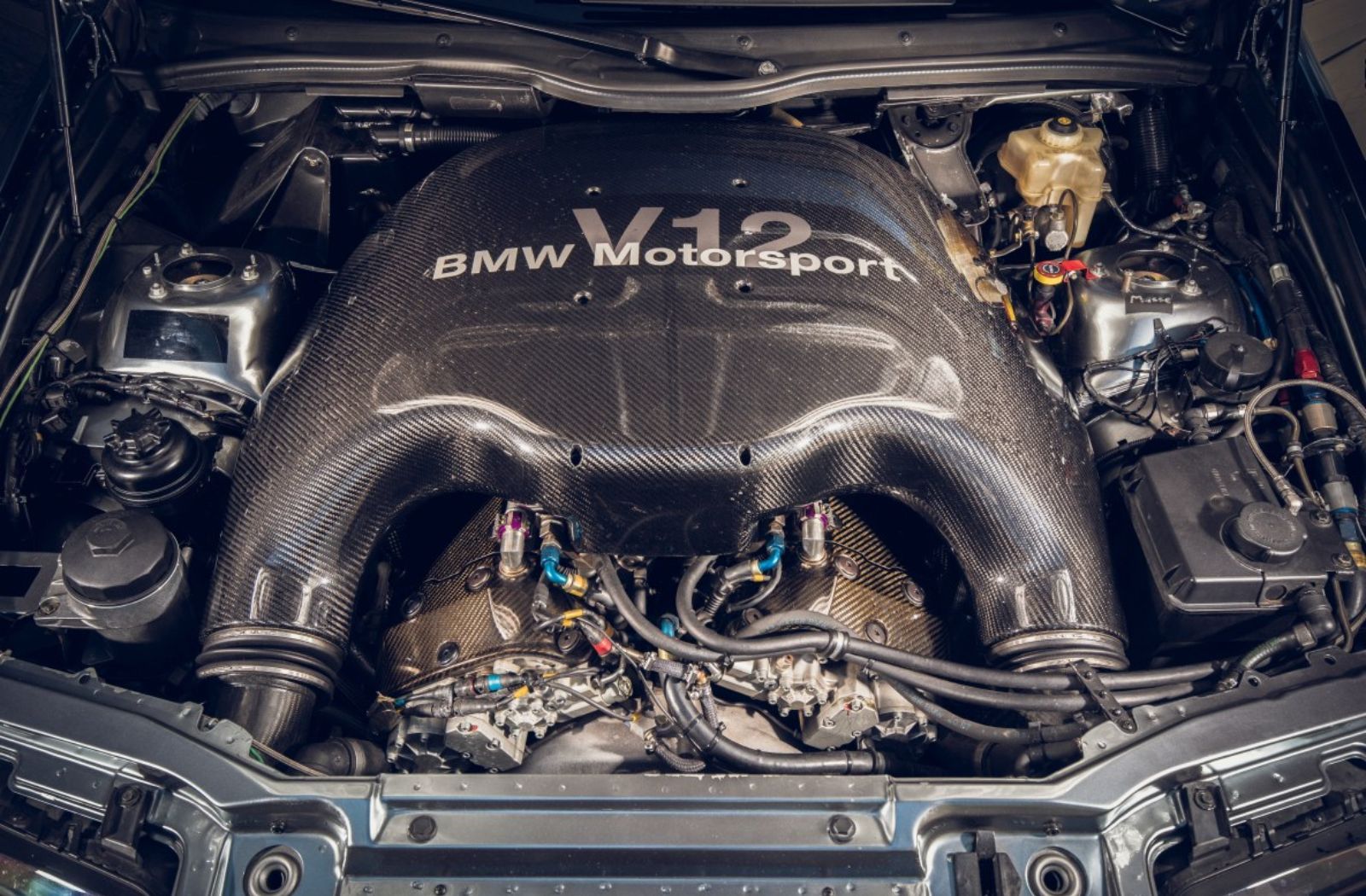A Beginner's Guide to Choosing the Right BMW Engine for Your Needs
A Beginner's Guide to Choosing the Right BMW Engine for Your Needs
Blog Article
Revealing the Intricacies of Next-Generation Power Units: a Deep Dive Into Advanced Engine Developments and styles
As we stand on the precipice of a new period in transportation, the details of next-generation engine styles bid us to check out the cutting-edge innovations and innovations that guarantee to redefine the driving experience. Diving deeper right into the realms of discharge control, smart engine administration systems, and the perspective of power unit advancement, we locate ourselves on the cusp of an improvement that promises to reshape the landscape of flexibility as we know it.
Development of Engine Products

The change in the direction of advanced engine materials has actually also enabled engineers to create engines with greater power results while maintaining fuel efficiency standards. For example, the use of light-weight materials lowers the total weight of the engine, leading to improved fuel economic climate and reduced exhausts. Furthermore, improvements in materials modern technology have actually enabled far better thermal monitoring within engines, leading to increased dependability and longevity.
Turbocharging and Supercharging Technologies
Exactly How do Turbocharging and Supercharging Technologies transform engine performance and effectiveness in modern lorries? Supercharging and turbocharging are technologies that significantly enhance engine efficiency by enhancing the quantity of air intake right into the burning chamber. Turbocharging accomplishes this by utilizing a generator driven by exhaust gases to pressurize the intake air, while turbo charging uses a belt- or chain-driven compressor to attain the very same effect.
These innovations allow smaller, extra fuel-efficient engines to generate power equivalent to larger ones, called downsizing. Forcibly more air right into the cyndrical tubes, supercharging and turbocharging enhance burning efficiency, resulting in raised horse power and torque outcome without a substantial rise in engine dimension. This causes better acceleration, lugging capacity, and total driving performance.
Furthermore, turbocharging and turbo charging add to boosted fuel effectiveness by permitting the use of smaller engines that eat much less fuel under typical driving problems - bmw engine. This mix of enhanced performance and effectiveness has actually made turbocharging and supercharging essential parts of many contemporary engine layouts
Emission Control and Environmental Effect
With boosting global issues pertaining to air quality and environmental sustainability, the application of emission control modern technologies in vehicles plays an essential duty in reducing damaging contaminants launched right into the ambience. Modern vehicles are equipped with sophisticated emission control systems that help reduce the environmental effect of vehicle procedures. Catalytic converters, for circumstances, are made to transform poisonous gases such as carbon monoxide gas, nitrogen oxides, and hydrocarbons right into much less unsafe materials like co2 and water vapor.
In addition, advancements in engine technology, such as the assimilation of exhaust gas recirculation systems and discerning catalytic decrease, have actually dramatically added to reducing discharges. These technologies operate in tandem to maximize burning effectiveness and reduce the release of harmful toxins right into the air. Additionally, the development of crossbreed and electrical vehicles represents an essential step towards reducing the general environmental footprint of the transportation sector.
Intelligent Engine Administration Solution

In addition, these systems allow lorries to satisfy strict exhausts criteria without jeopardizing performance, supplying a more eco-friendly driving experience. The integration of expert system and machine discovering capabilities in engine monitoring systems continues to press the limits of what is possible, causing further renovations in efficiency, integrity, and general vehicle efficiency. bmw engine. As automotive innovation advances, intelligent engine monitoring systems will play a critical role fit the future of transport towards a much more effective and lasting instructions
Future Trends in Power Unit Development
As intelligent engine go to my blog monitoring systems lead the means for boosted control and optimization in modern-day lorries, future fads in power device advancement are poised to redefine the landscape of automobile propulsion innovations. These alternative power sources offer improved performance and efficiency while straightening with rigorous ecological laws.
An additional considerable pattern is the integration of advanced products and producing methods. Lightweight materials such as carbon fiber and light weight aluminum are being made use of to minimize overall vehicle weight, boosting gas effectiveness and performance. In addition, innovations in 3D printing and additive manufacturing are enabling the manufacturing of complicated engine components with greater precision and durability.
In addition, expert system and machine understanding are playing a vital role in maximizing power system performance. These modern technologies allow for real-time surveillance and adaptive control, bring about a lot more trusted and effective power delivery. Generally, future trends in power device advancement site web are tailored towards efficiency, effectiveness, and sustainability, driving the auto industry in the direction of a brand-new era of propulsion modern technologies.

Final Thought
To conclude, the advancements in engine materials, turbocharging, exhaust control, and intelligent monitoring systems have led the way for next-generation power devices. These developments have not just improved efficiency and efficiency however additionally decreased ecological impact. As innovation remains to develop, future fads in power unit advancement are most likely to focus on additional enhancing sustainability and enhancing power result. The intricate styles and technologies in modern engines display the recurring evolution of vehicle technology.
Checking out the progressive developments in engine materials has actually been crucial in enhancing the efficiency and performance of modern-day engines. Over the years, the evolution of engine materials has played a critical role in pushing the borders of what engines can attain.The change towards advanced engine materials has likewise allowed designers to make engines with greater power outcomes while preserving fuel effectiveness requirements.The application of intelligent engine management systems in modern vehicles has actually changed the means engines are regulated and maximized for efficiency and efficiency. By gathering information in real-time and analyzing it with innovative formulas, smart engine administration systems can adapt to driving designs, ecological aspects, and engine wellness to make best use of power outcome while reducing gas intake and discharges.
Report this page